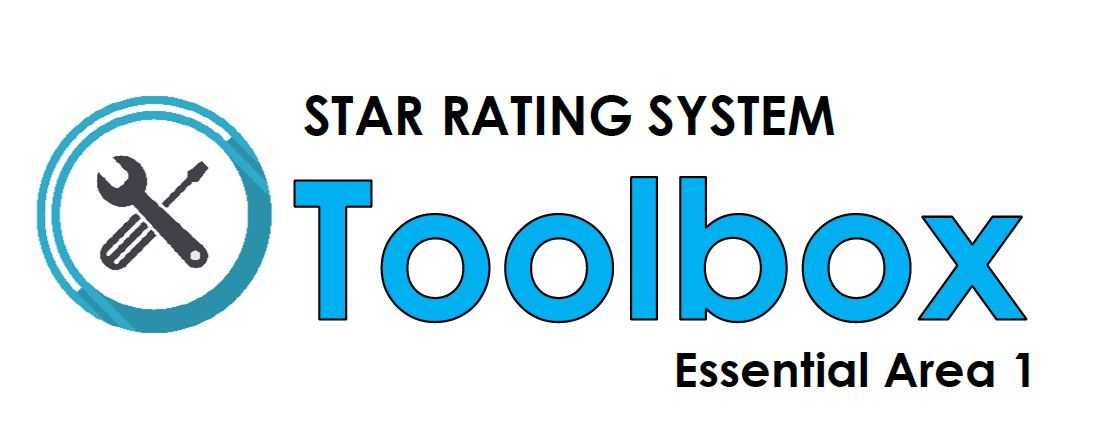
Value-Based Payment
The recording of the October 4, 2024 Value-Based Payment Key Performance Indicator Change Instruction training session is below, along with a revised PDF of the PowerPoint presentation.
Value–based payment puts the focus on quality and outcomes. Our payment system is moving from demonstration and training into implementation. Shown in the figure below, fee-for service reimbursement will continue, serving as the base payment rate (gray). Performance will be the focus for financial growth of future payments (green). There is also financial ‘credit’ for data collection and delivery (blue).

Performance KPI

Data Collection and Delivery

Units/Base Contract

Key Performance Indicators for Value-Based Payment:
- Access to Care
- Staff Retention
- Participant Experience
- Other as Negotiated
- Response to Disparities
We focus on five types of key performance indicators (KPIs). Access to care is our overarching community impact goal. Indicators are created individually with each mental health agency. We offer training and technical support so that agencies can respond in ways that are meaningful to them, and make the best use of data they may already be collecting.
Overview and Rollout
VBP Evaluation
We have fully implemented our value-based payment (VBP) system. User experience and sustainability are critical to the long-term success of VBP and its goal of improving access to care in Jackson County. A professional team led by Jody Brook, PhD evaluated our performance. This included input from the mental health agency staff who are using the system. The VBP Evaluation Report has many helpful insights, including suggestions that are already helping us increase needed communication and provide assistance in handling data.
SRS: Part of our Equity Strategy
Health disparities can occur by gender, race or ethnicity, education, income, disability, geographic location, language, and sexual orientation. Social determinants of health like poverty, unequal access to health care, lack of education, stigma, and racism are linked to health disparities. This pattern also exists in mental health. We have a longstanding commitment to Equity in access and quality mental health care for all Jackson County residents.
The Star Rating System (SRS) is not a requirement for funding. Instead, it is a free tool that helps guide mental health agencies to self-assess their capacity for culturally and linguistically appropriate mental health services. The results guide strategic decisions to improve equity and service delivery.
The SRS has five modules:
• Readiness for Culture Change
• Language Access Structure
• Americans with Disabilities Act
• Cultural Competence Plan
• Policies, Sustainability, Commitment
Here is a presentation from one of our grantees that explains how they use the SRS to work strategically. Here are the slides to their presentation as well.
Technical Assistance
The SRS is designed for agencies to carry out a self-assessment. After some internal work, agencies that receive funding from the Community Mental Health Fund may apply for limited technical assistance on the SRS.
Guidance Letter
Sample Language Access Plan
Social Determinants of Health
Social Determinants of Health: SDOHs play a major role in physical and mental well-being. We adopted the US Centers for Disease Prevention and Control (CDC) model, which is comprised of:
• education access and quality,
• health care access and quality,
• neighborhood and built environment,
• community and social context, and
• economic stability.
Improving mental health outcomes for persons disproportionately impacted by SDOH is one of our strategic goals. Leveraging SDOHs means that CMHF investments in mental health services have a larger impact, and participants experience greater benefit, when agencies provide more depth and breadth in support services.

Value-Based Payment
Care Coordination
Access to Psychiatry
Around the United States, there is a shortage of psychiatrists and other prescribing professionals. We are making a long-term effort to improve access in Jackson County. The Prescriber Capacity Summary Report from Integrus Health Group (IHG) created simple ways to improve referrals, increase access and reduce no-shows. This process also helped maintain participants’ continuity in care, reduce lost medication and support adherence.
Step 1 of 2: Please Agree to our License Agreement
The CMHF Board, Staff, Advisory Council and Culture Journey LLC have worked diligently to make the self-assessment tool and other resources available FREE of charge.
Please complete the SRS License Agreement seen below to download our latest toolkit and resources.



